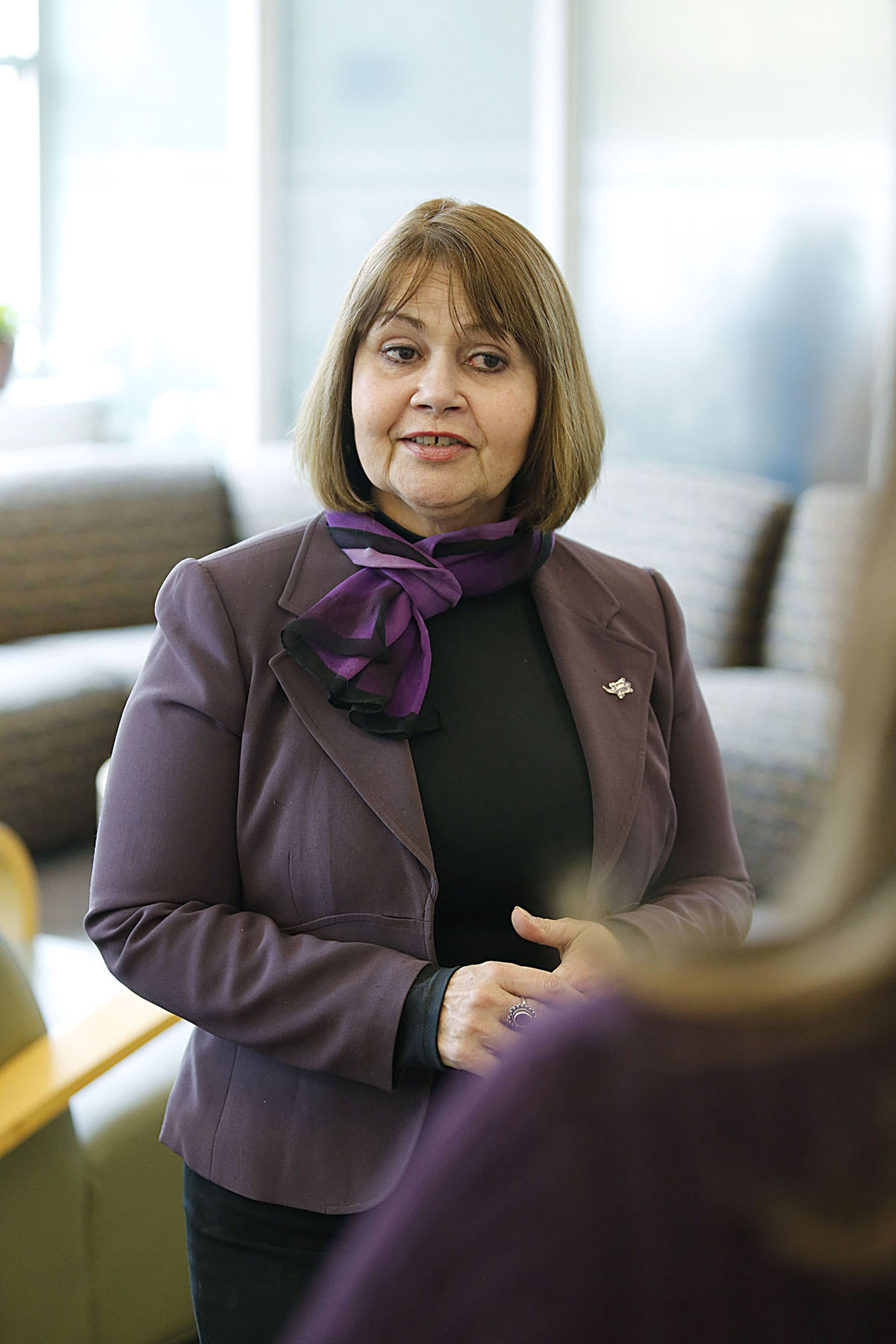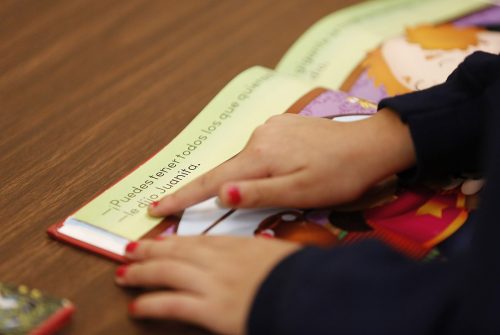Service Learning Shapes Future Decision-Makers
A Q&A with Rosangela Boyd, director of community involvement and service learning

Rosangela Boyd, director of community involvement and service learning, said community work helps students develop soft skills. Photo by Ross Hailey
Service Learning Shapes Future Decision-Makers
A Q&A with Rosangela Boyd, director of community involvement and service learning
How do you facilitate service learning at TCU?
A lot of what I do is meet with faculty members who are interested in using community work as a vehicle for enhanced learning in the classroom. That’s basically what service learning does. It helps students apply what they’re learning in class to the community as a more hands-on, practical experience. At the same time, they bring back what they learned from that experience to integrate with what they’re getting in the classroom. It’s a two-way street.
What do you say to service-learning skeptics?
A lot of things students need in terms of their future professions — like working in teams, understanding diversity and practicing communication — become available to them this way. They can also test the waters to see if what they’re studying really has the purpose they want it to have in their life. Students develop self-confidence as well.
How has your thinking evolved since you came to TCU in 2006?

In one service-learning program, TCU students helped children read at the Mary Louise Phillips Elementary School in Fort Worth. Photo by Ross Hailey
I’ve definitely started questioning how much we can do in one semester. We don’t want to go into some kind of task before making sure our students have an understanding of the community. What we also don’t want is students parachuting into someone else’s neighborhood and feeling like they are coming to save the day.
What impact does service learning have on students that the casual observer might miss?
Soft skills. Sensitivity to different cultures and the ability to see others as human beings and not just as the needy. Those are things we emphasize.
In the end, the skills that students learn by interacting with the community are those types of skills that they will use for the rest of their lives, at their jobs, in their communities and on the boards they might participate in. Our students will be decision-makers in the future. They will be civic leaders and leaders in their professions who can influence the well-being in the communities where they work and live.
How would you like to see service learning at TCU evolve?
One piece I keep reevaluating is how much nonprofits do in terms of long-term social change. I want to make sure we’re exposing our students to more than a quick fix. I want students thinking about potential solutions so there won’t be the same need in our community in a year or two years from now.
Editor’s Note: The questions and answers have been edited for length and clarity.

Your comments are welcome
Comments
Related reading:
Features
Service-Learning Program Connects Students with Community
Engagement outside the classroom goes beyond volunteering to shape the student experience.
Letters
Chancellor Says Service Learning Serves All
Students learn valuable life lessons when they bring their skills and energy to community projects.
Alumni, Features
Asylum-Seekers Find Solace in DASH Network
The Dallas-Fort Worth nonprofit provides housing as well as support and friendship for people fleeing persecution.